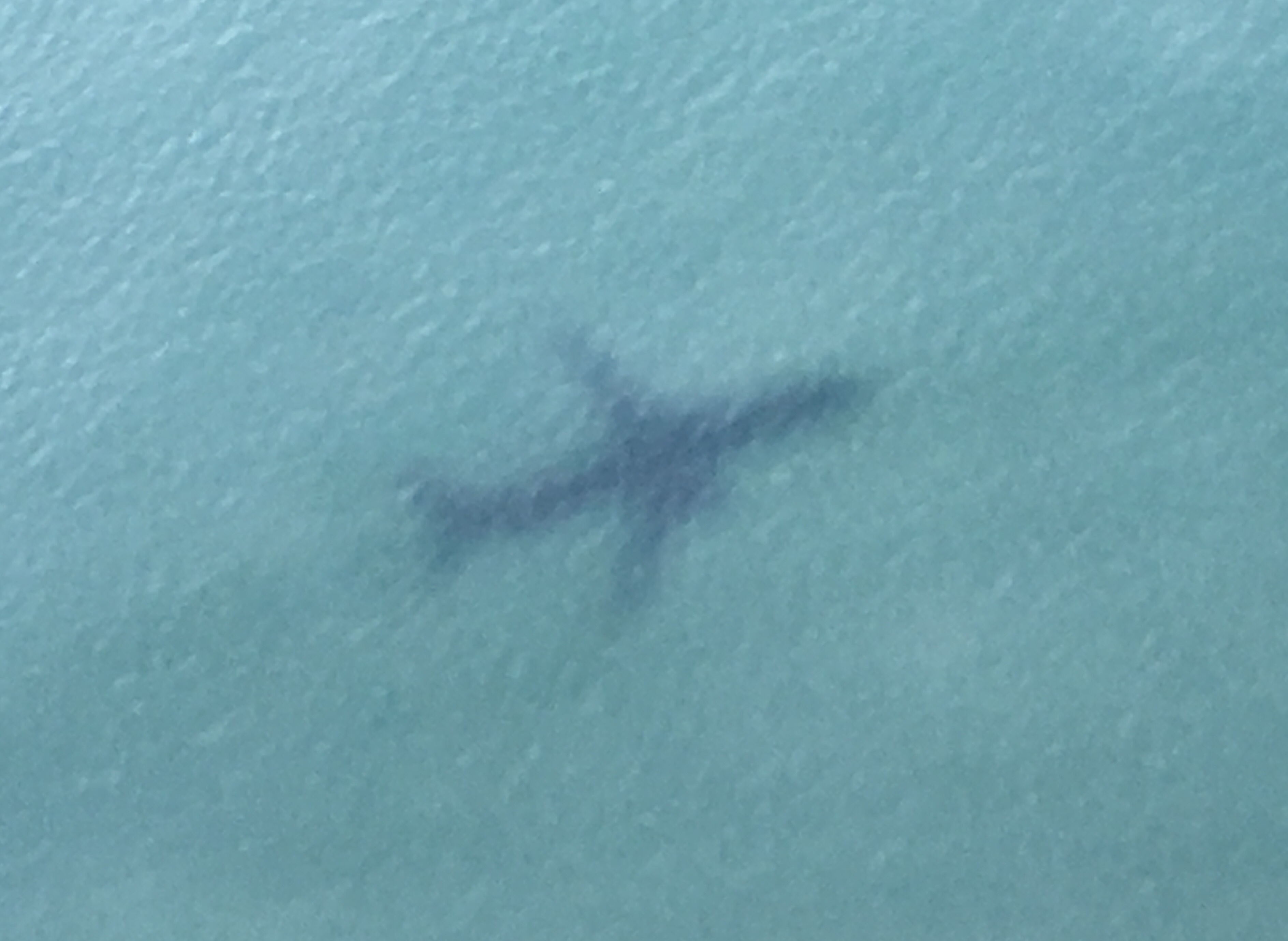Read your US passport. Did you read it? Now, read through it again. This little booklet is full of a lot of information beyond serving as your ID when you travel outside of the US.

First of all, it contains a page for your emergency contact information. Let’s say you and your spouse were both in a bus accident while on vacation and both left unconscious. Your passport would contain the contact information on who to contact–and hopefully you listed someone other than your spouse. It’s also a good idea to update your contact information in pencil so that you can easily update it when changes necessitate. You may also want to leave a few copies of your passport home with your emergency contact.

Your passport also contains information on where to find health and vaccination recommendations, healthcare coverage, and travel warnings. Let’s say you are headed to Mexico for a 2 week stay. Do you know what vaccinations and medicines are recommended due to risk of diseases in that country? The CDC website or Travelers Info Line can help with that. (Which, by the way, the vaccines for Hepatitis A, and Typhoid are recommended for Mexico.)
 Additionally, does your medical insurance cover you overseas? Most do not. See my previous post Why You MUST Buy Travel Insurance or consult http://travel.state.gov for more information on maintaining coverage while overseas that will actually provide you with coverage.
Additionally, does your medical insurance cover you overseas? Most do not. See my previous post Why You MUST Buy Travel Insurance or consult http://travel.state.gov for more information on maintaining coverage while overseas that will actually provide you with coverage.

Finally, do you know if the country you will be visiting is safe? You can check by accessing the US Consular Information Sheets, Travel Warnings and Public Announcements on the US Bureau of Counsular Affairs page before your trip and evaluate your decision to travel to that locale. You can even set alerts on their website so you know when their safety has changed.
Your passport also contains information on what to do in the event of a disaster or catastrophic event, how to register with the appropriate US Embassy for a prolonged stay, and offers advice on things I would consider pretty “common sense” such as safety, violating foreign laws, illegal drugs, etc.

It’s also a good idea to take a couple of spare photocopies of your passport along on your trip. Typically, when I travel out of the US, the first thing I do upon arrival is lock up my passport so it doesn’t get lost or stolen–I DO want to be able to go home at the end of my trip. However, since most countries do not observe my Missouri Driver’s License as a valid ID, I will carry a photocopy of my passport to identify myself.
Overall, your passport is MORE than a multi-page form of ID. It also contains valuable information for travelers traveling outside US borders and is an excellent place to keep your updated emergency contact information. You may have to read a few pages of it to locate the info you need, but isn’t a few minutes of your time worth it?
Should I Stay or Should I Go…To Mexico?
Just a quick nod to the old Clash song Should I Stay or Should I Go.
The US State Department has recently issued warnings for Americans traveling to Mexico. This warning is only the latest: “Gun battles between rival criminal organizations or with Mexican authorities have taken place on streets and in public places during broad daylight.” The warning goes on to mention US citizens being murdered in car-jackings and highway robberies, most frequently at night and on isolated roads. The state of Quintana Roo, which is where Cancun, Cozumel, and Playa Del Carmen are located has recently been added to the list.
Add the Zika Virus (mosquito transmitted illness) to the list along with allegations of tainted alcohol at some of the major all-inclusive resorts and now you’ve got me wondering if my upcoming vacation in the Riviera Maya will be safe enough?
We’re still going to go, but here is my list of ways I plan to stay safe:
- plan to participate in guided excursions, with other hotel guests, likely on a bus together
- cooperate if you go through a check point–government or unauthorized
- be careful not to flash large amounts of cash around (Ha, ha! That shouldn’t be a problem!)
- be prepared for pick-pockets
- keep my cell phone under my control so stolen information from it cannot be used for ransom purposes
- be aware that corruption exists everywhere
- wear insect repellant on and off the resorts (maybe this one will help prevent the Zika virus and maybe keep local pests away)
- limit outdoor activities at dusk and dawn when mosquitos are more prevalent
- avoid excessive alcohol consumption
- bring booze into the resort purchased from duty-free shopping in the airport
- stick to beers or wines at the resort
- don’t leave drinks sitting anywhere unattended
- check the resort out in advance (the resort we’re going to hasn’t had any reports of tainted alcohol)
- ask the bartender to open bottles in front of you–a sealed bottle likely hasn’t been tainted or re-filled with bootleg booze
- research medical providers in the area in advance, like before we go
- be sure you have travel insurance in place
- if you feel ill, stop and seek medical assistance
- be observant of your surroundings and aware of anything suspicious
Really, just use the same common sense you should typically use when traveling somewhere new or foreign. To keep my trip to Mexico in perspective, the current murder rate in Quintana Roo is still pretty comparable to my hometown of St. Louis, MO. I haven’t stopped traveling there because of the crime, I just use some additional sense about it.
If you have other suggestions of tips to add to the list, feel free to leave me a comment.
Otherwise, in the words of James Taylor, Mexico! (click below)


